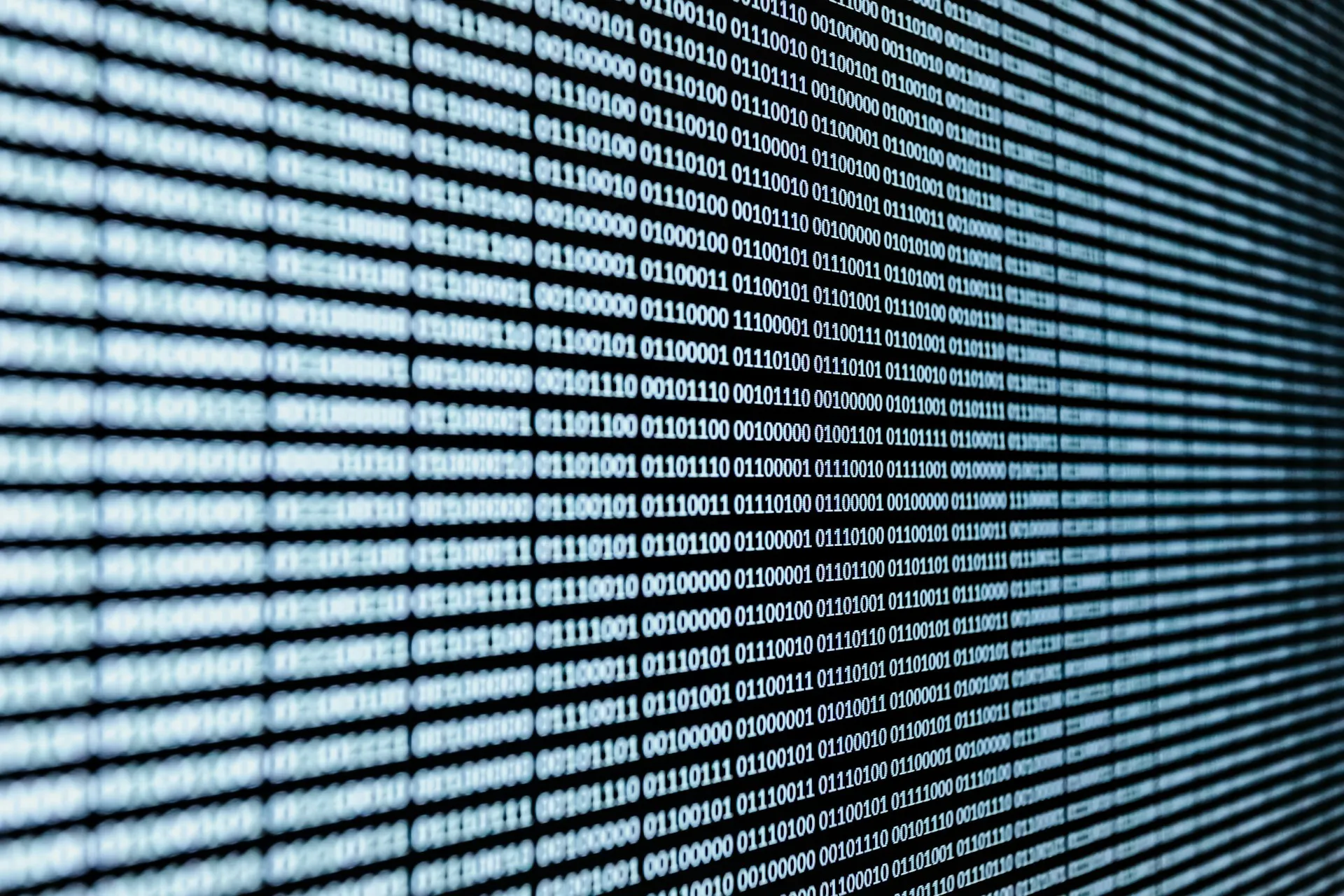
10 Real-World Applications of Big Data You Probably Didn’t Know
Big Data often sounds like something reserved for tech companies and giant corporations. But in 2025, it's being used in ways most people don’t even realize. From smart farming to traffic management, Big Data has quietly become part of our daily lives. In this article, we’ll explore 10 surprising and impactful real-world applications of Big Data that go far beyond what you might expect.
1. Smart Cities and Urban Planning
Governments around the world use real-time data analytics to manage traffic lights, monitor air quality, and optimize energy consumption. Big Data helps urban planners design smarter roads, predict population growth, and improve public services.
Cities like Singapore and Amsterdam are already using sensors and data models to create safer, more efficient environments for citizens.
2. Real-Time Fraud Detection in Finance
Banks and financial institutions rely on real-time fraud detection algorithms to identify unusual patterns in transaction behavior. These systems use Big Data from millions of customers to catch fraud as it happens.
This helps prevent losses and boosts consumer confidence — especially in online and mobile banking.
3. Personalized Marketing Campaigns
Ever feel like ads “follow” you around the internet? That’s Big Data at work. Marketing teams use big data in marketing to track customer behavior, preferences, and engagement history.
- Suggesting products based on browsing habits
- Sending personalized emails and push notifications
- Optimizing content for different audience segments
Tools like Google Ads, Meta Business Suite, and HubSpot all leverage Big Data to target the right user at the right time.
4. Healthcare Diagnosis and Prediction
Medical professionals use Big Data to analyze patient records, identify disease patterns, and even predict future outbreaks. In 2025, many hospitals are integrated with AI-powered health analytics platforms that offer real-time insights to doctors.
This leads to faster diagnosis, personalized treatment, and better overall patient outcomes.
5. Predictive Maintenance in Manufacturing
Factories now rely on predictive maintenance software to prevent equipment failure. Sensors collect continuous data from machines, and analytics platforms flag abnormalities before a breakdown occurs.
This not only saves money on repairs but also avoids production downtime — a critical factor in competitive industries.
6. Education and Adaptive Learning
Educational institutions and edtech platforms use Big Data to analyze student performance, engagement, and learning preferences. This allows for adaptive learning environments tailored to each individual student.
Whether it’s suggesting content or identifying students at risk of falling behind, Big Data is helping shape a smarter education system.
7. Agriculture and Smart Farming
Farmers now use data from satellites, sensors, and weather forecasts to make informed decisions about planting, irrigation, and harvesting. This practice, known as precision agriculture, boosts yields and reduces waste.
In some countries, AI platforms suggest the best crop rotation plans based on historical data and market trends.
8. Energy Consumption and Optimization
Utility companies use Big Data to manage supply and demand, detect outages, and forecast energy usage. Smart meters collect data from millions of homes, feeding analytics platforms that help reduce power consumption and carbon footprints.
This is especially crucial for countries aiming to meet green energy targets in 2025.
9. Sports Performance and Injury Prevention
Professional sports teams now use wearables and motion sensors to track player health, fatigue, and form. Big Data enables coaches to prevent injuries and optimize performance through data-backed training plans.
Tools like Catapult and WHOOP analyze athlete data in real-time during games and practices.
10. Crime Prediction and Law Enforcement
Some cities are experimenting with predictive policing models that use historical crime data, weather conditions, and population patterns to predict when and where crimes are likely to occur.
While controversial, these systems aim to improve resource allocation and community safety — with the help of Big Data.
Why These Applications Matter
Big Data is no longer just about charts and spreadsheets — it’s shaping decisions in real-time across industries. Whether it’s planting crops, managing traffic, or fighting fraud, Big Data empowers organizations to act faster and smarter.
What makes these use cases powerful is their direct impact on our lives — often without us even realizing it.
Conclusion
As you can see, Big Data isn’t confined to tech labs or corporate offices. It’s embedded in our cities, farms, hospitals, and homes. The real-world applications of Big Data continue to expand as tools become more accessible and affordable.
If you’re running a business or planning a career in tech, now is the perfect time to dive into the world of Big Data. Its reach goes far beyond what you might have imagined — and it’s only just getting started.
You might also like:
- Big Data Revolution: How Companies Are Turning Information Into Competitive Advantage
- The Ethical Challenges of Big Data: Where Innovation Meets Responsibility
- Big Data Revolution: Transforming Business Intelligence in the Digital Age
- Smart Business Decisions: How Data Analytics Transforms Modern Enterprise Strategy
